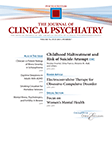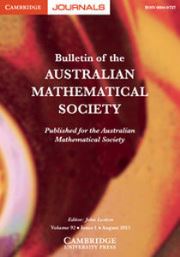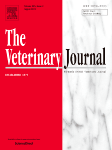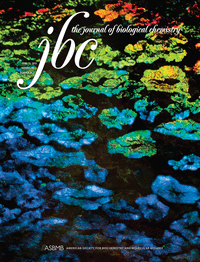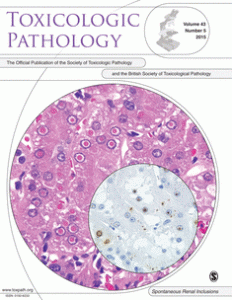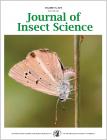Editors at BioMed Central have taken the unusual step of updating a retraction notice after an investigation found the authors were not responsible for a peer review process gone awry. The paper is one of dozens of other papers retracted in March for fake peer reviews.
That month, the paper “Clinical application of contrast enhanced ultrasound to diagnose benign prostatic hyperplasia” in Diagnostic Pathology was among the 43 papers retracted due to fake peer reviews. (Retractions for the phenomenon — more about it in our Nature feature here — are up to about 170.)
According to the update posted in July, an investigation into the paper by the Jiading Central Hospital in Shanghai, where the authors work, found that they “did not participate in influencing the peer review process.”
Here’s more from the update to the notice:

